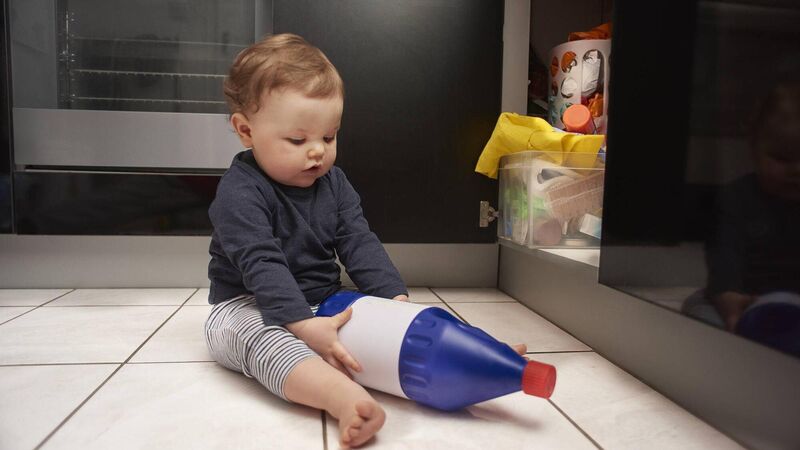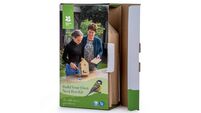It can happen so quickly. You take your eyes off your toddler for an instant and, when you turn around, he is grasping a bottle of cough syrup. Somehow it is open, spilt all down his top and — most panic-inducing — his mouth is stained.
Last year, the National Poisons Information Centre (NPIC) received 6,374 enquiries about poisonings in children under 16 years. The NPIC 2021 annual report found almost 60% of poisoning enquiries involved children aged 14 years and younger – an 8% reduction in such queries compared to the previous year.
Already a subscriber? Sign in
You have reached your article limit.
Subscribe to access all of the Irish Examiner.
Annual €130 €80
Best value
Monthly €12€6 / month
Introductory offers for new customers. Annual billed once for first year. Renews at €130. Monthly initial discount (first 3 months) billed monthly, then €12 a month. Ts&Cs apply.
CONNECT WITH US TODAY
Be the first to know the latest news and updates










